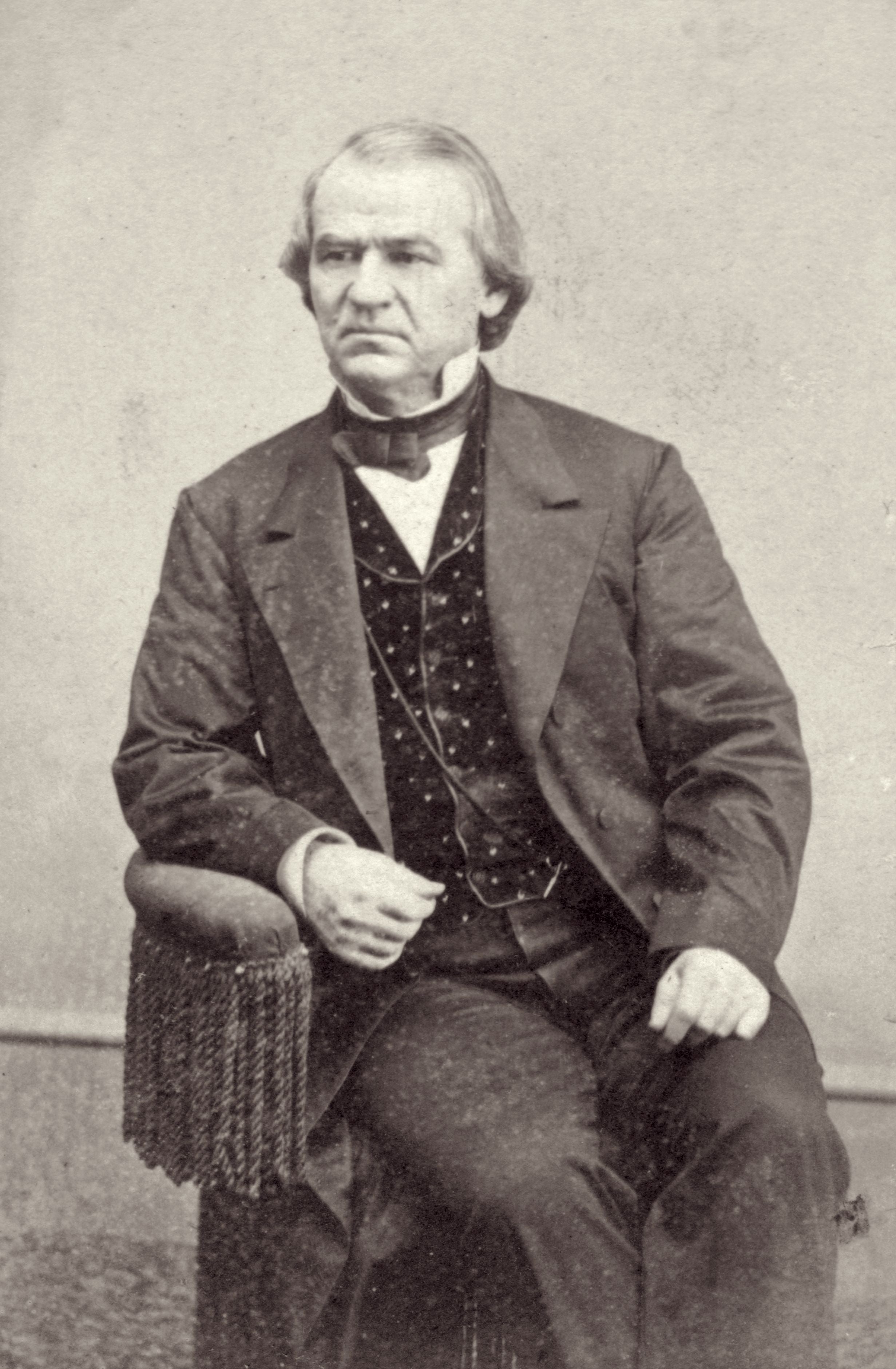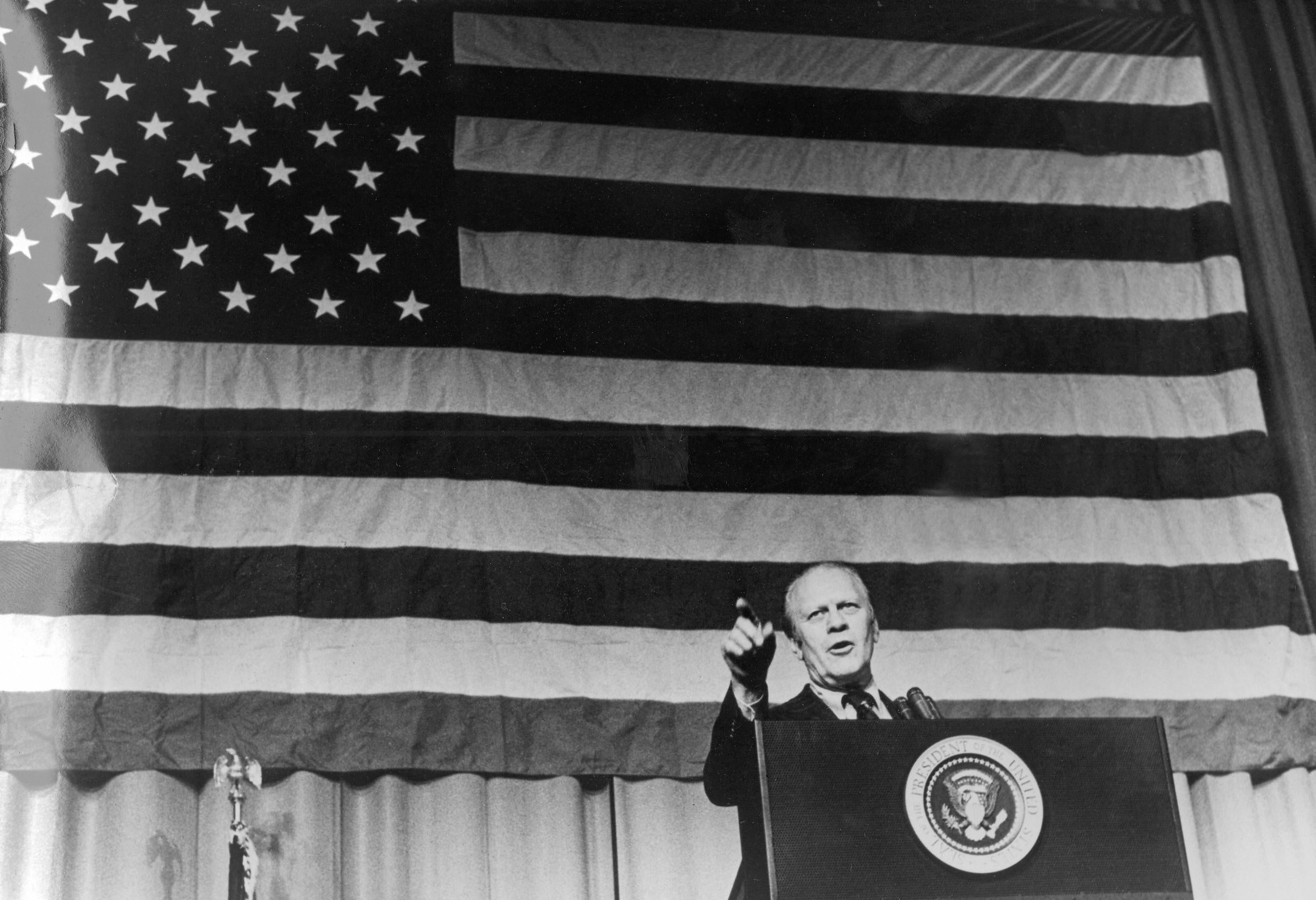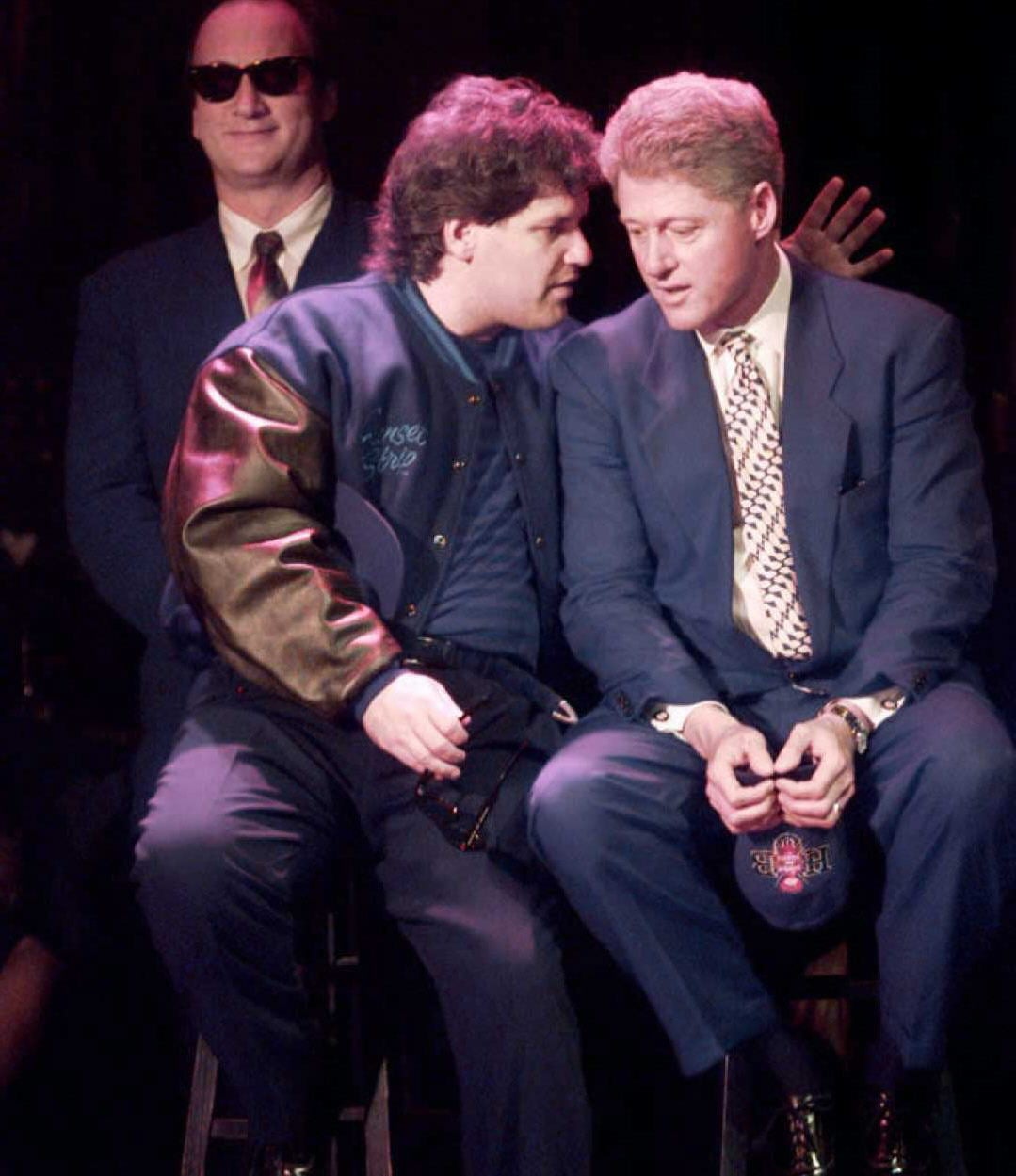From Hunter Biden to Richard Nixon: Most controversial presidential pardons in history
President Joe Biden offered his son a sweeping pardon for all crimes that may have been committed between 2014 and 2024
Your support helps us to tell the story
From reproductive rights to climate change to Big Tech, The Independent is on the ground when the story is developing. Whether it's investigating the financials of Elon Musk's pro-Trump PAC or producing our latest documentary, 'The A Word', which shines a light on the American women fighting for reproductive rights, we know how important it is to parse out the facts from the messaging.
At such a critical moment in US history, we need reporters on the ground. Your donation allows us to keep sending journalists to speak to both sides of the story.
The Independent is trusted by Americans across the entire political spectrum. And unlike many other quality news outlets, we choose not to lock Americans out of our reporting and analysis with paywalls. We believe quality journalism should be available to everyone, paid for by those who can afford it.
Your support makes all the difference.Presidential pardons have always been a point of controversy in the United States but some president’s decisions, like Joe Biden pardoning his son Hunter, have led to more criticisms than others.
During their final weeks in office, the sitting U.S. president will, traditionally, utilize their power to grant pardons for federal crimes and issue clemency to those they believe deserve it.
Some believe the president should not have the power to grant pardons because it can be abused and is often seen as a political act rather than judicial correction.
Over the years, presidents like Andrew Johnson Gerald Ford, Bill Clinton, Donald Trump have stirred the pot by granting sweeping pardons or to those close to them.
Here’s a look at the most controversial.
Andrew Johnson
After the Civil War, Johnson issued a general amnesty for roughly 12,600 Confederate officials and soldiers – a move that was met with intense backlash.
Johnson intended to unify the country after a long and bloody war with the sweeping pardons.
However, Johnson did include 14 exceptions to the general amnesty. If a former official or soldier fell under one of those exceptions they had to file a petition for a pardon with the president.

Richard Nixon
Nixon controversially offered Jimmy Hoffa, a labor union leader with ties to organized crime rings, commutation for his sentencing on jury tampering, attempted bribery, conspiracy, mail and wire fraud. Hoffa only served five years of his 13-year-long sentence.
Gerald Ford
One of the most well-known and controversial acts of pardon was when Ford gave Nixon a blanket pardon in 1974, after the Watergate scandal.
Nixon had not been formally charged with a crime but many were expecting prosecutors to bring charges forward.
At a time when the public saw the government as corrupt, Ford’s pardon ignited those concerns. However, he maintained his decision was in the best interest of the country.
Some historians believe Ford’s decision to pardon Nixon is what cost him the 1976 presidential election.

Jimmy Carter
Carter received criticisms for pardoning hundreds of thousands of Vietnam War draft dodgers on his second day in office – a promise he made on the campaign trail.
George H. W. Bush
Controversially, Bush pardoned the former secretary of defense Caspar Weinberger and five other people involved in the Iran-Contra scandal, in which they secretly sold arms to Iran while it was under an arms embargo.
The scandal occurred under the Reagan administration.
Bill Clinton
Clinton used his power to pardon his half-brother, Roger Clinton Jr., on his last day in office in 2001.
Roger pleaded guilty to conspiracy to distribute cocaine for trying to sell it to an undercover police officer in the 80s. Though he spent a year in prison, Clinton’s pardon cleared Roger’s criminal record.
Clinton also received pushback for pardoning billionaire fugitive Marc Rich, who was charged with tax evasion, wire fraud, racketeering and making oil deals with Iran during the hostage crisis.

Barack Obama
Among the last of his pardons, Obama granted commutation to Chelsea Manning, a former U.S. Army soldier and whistleblower who leaked classified documents to WikiLeaks.
Manning was convicted of violating the Espionage Act, stealing government property and violating the Computer Fraud and Abuse Act. She served seven years of her 35-year sentence.
Donald Trump
The president-elect, and former president, used his powers for his family members too, notably pardoning his son-in-law’s father, Charles Kushner.
Kushner served two terms in prison for tax evasion: for retaliating against a federal witness and lying to the Federal Election Commission in 2005.
Trump recently tapped Kushner to serve as his ambassador to France.
But several other Trump pardons were met with pushback including one to his longtime adviser Steve Bannon, his former national security advisor Michael Flynn and his friend Roger Stone.

Joe Biden
Despite maintaining for months he would not pardon his own son, Biden chose to pardon Hunter in his last few weeks in office.
Hunter was convicted on three gun-related charges and pleaded guilty to nine tax-related charges in 2024. However, Biden’s pardon of his son covers any crimes committed from 2014 to 2024.

Join our commenting forum
Join thought-provoking conversations, follow other Independent readers and see their replies
Comments